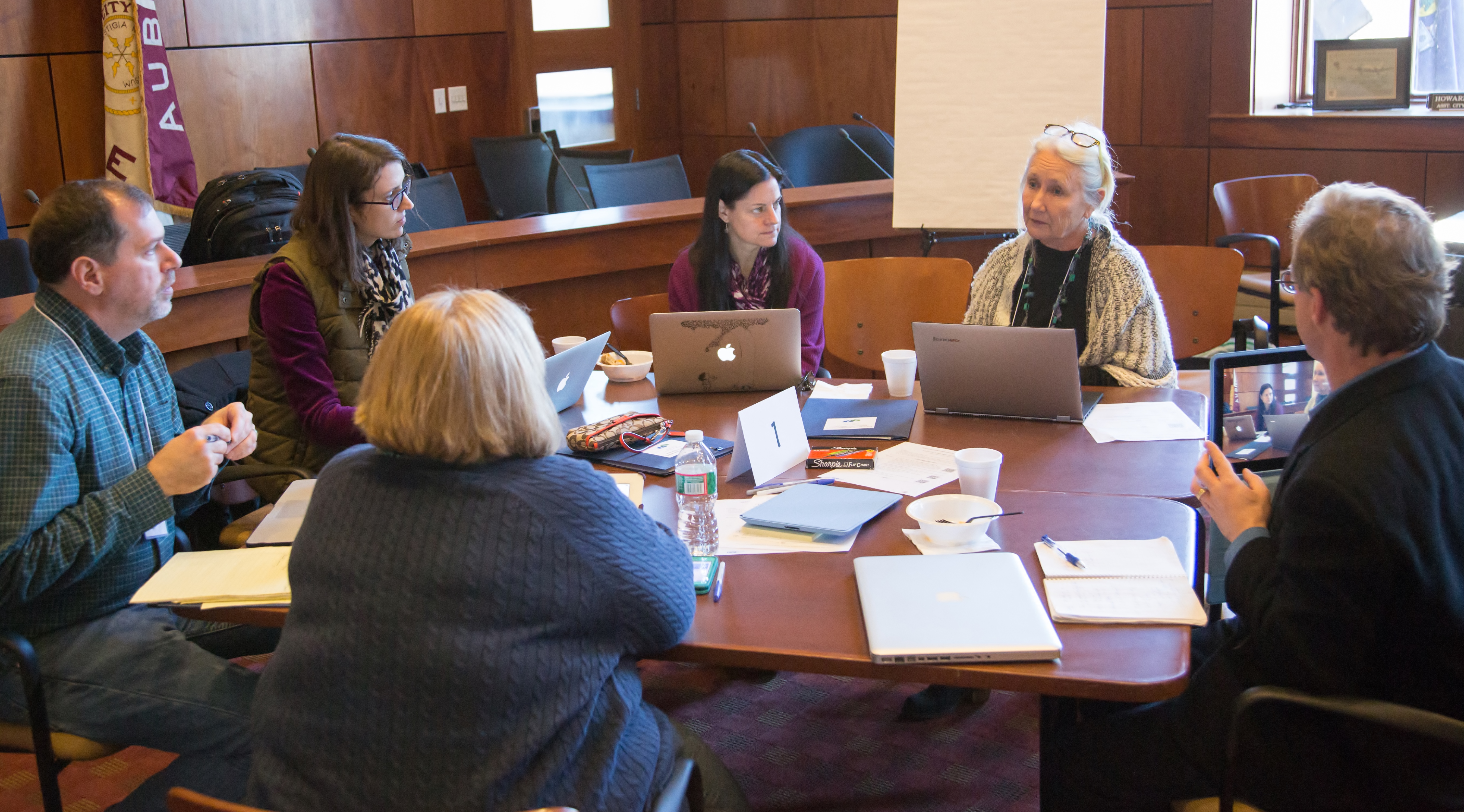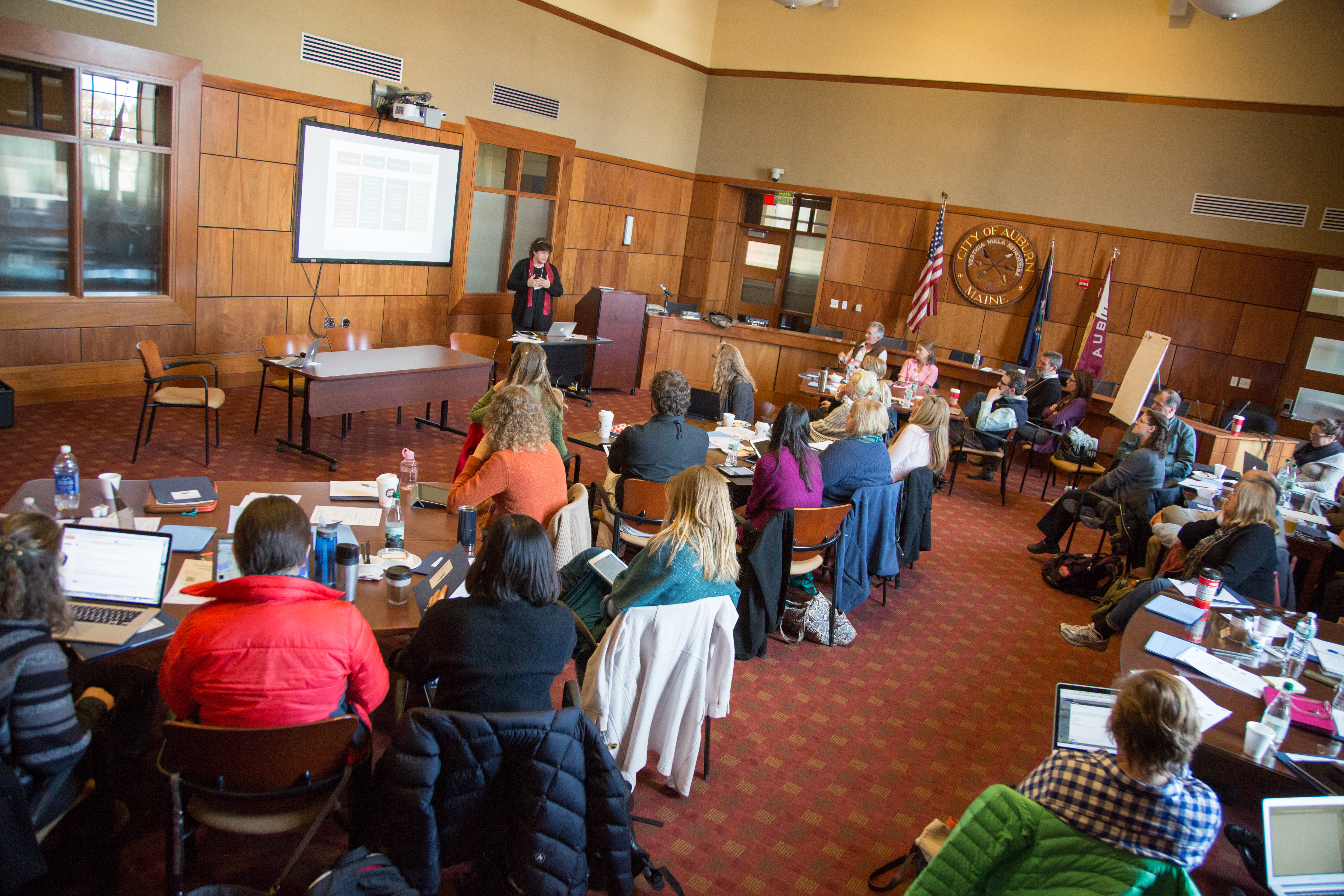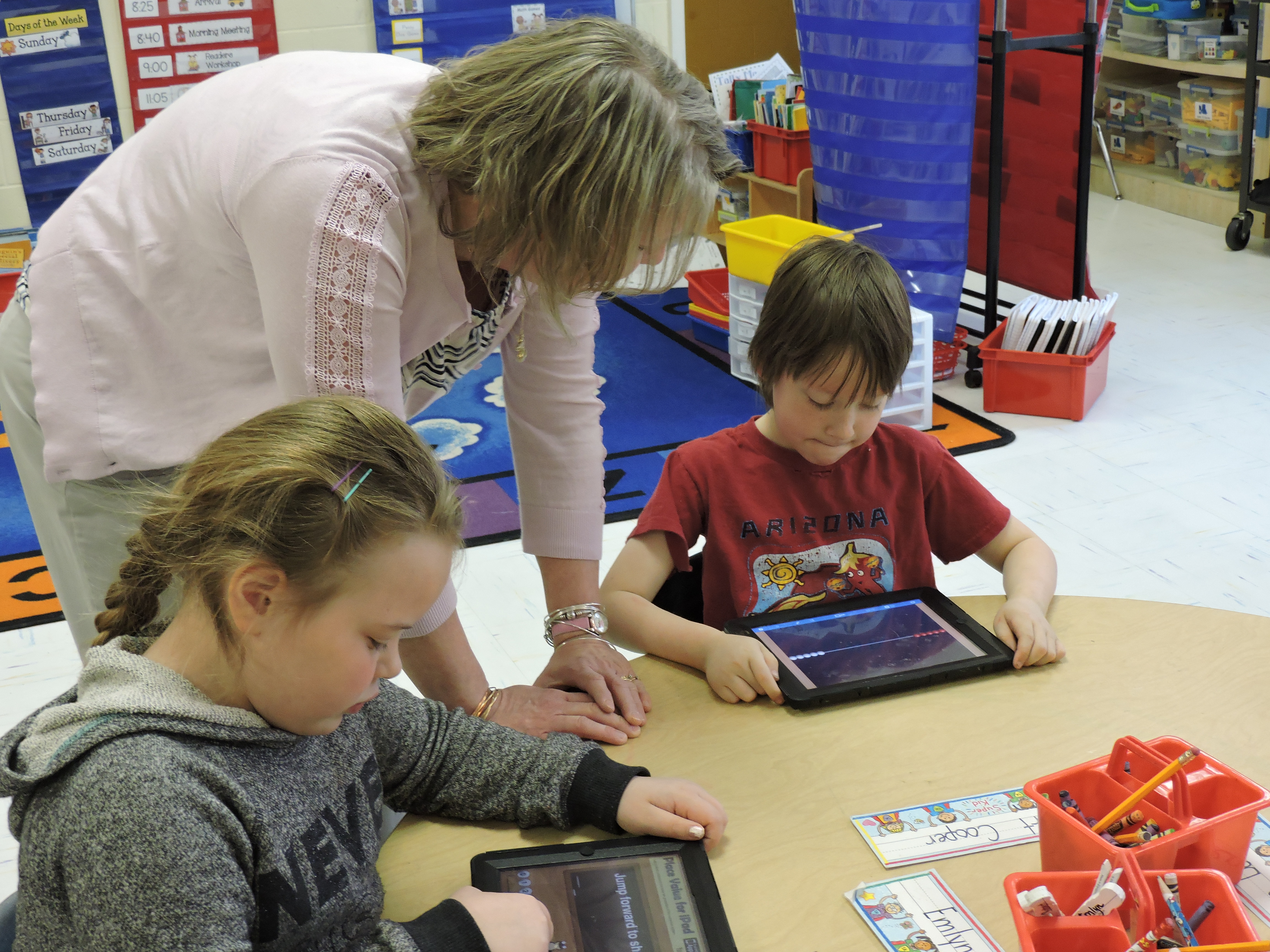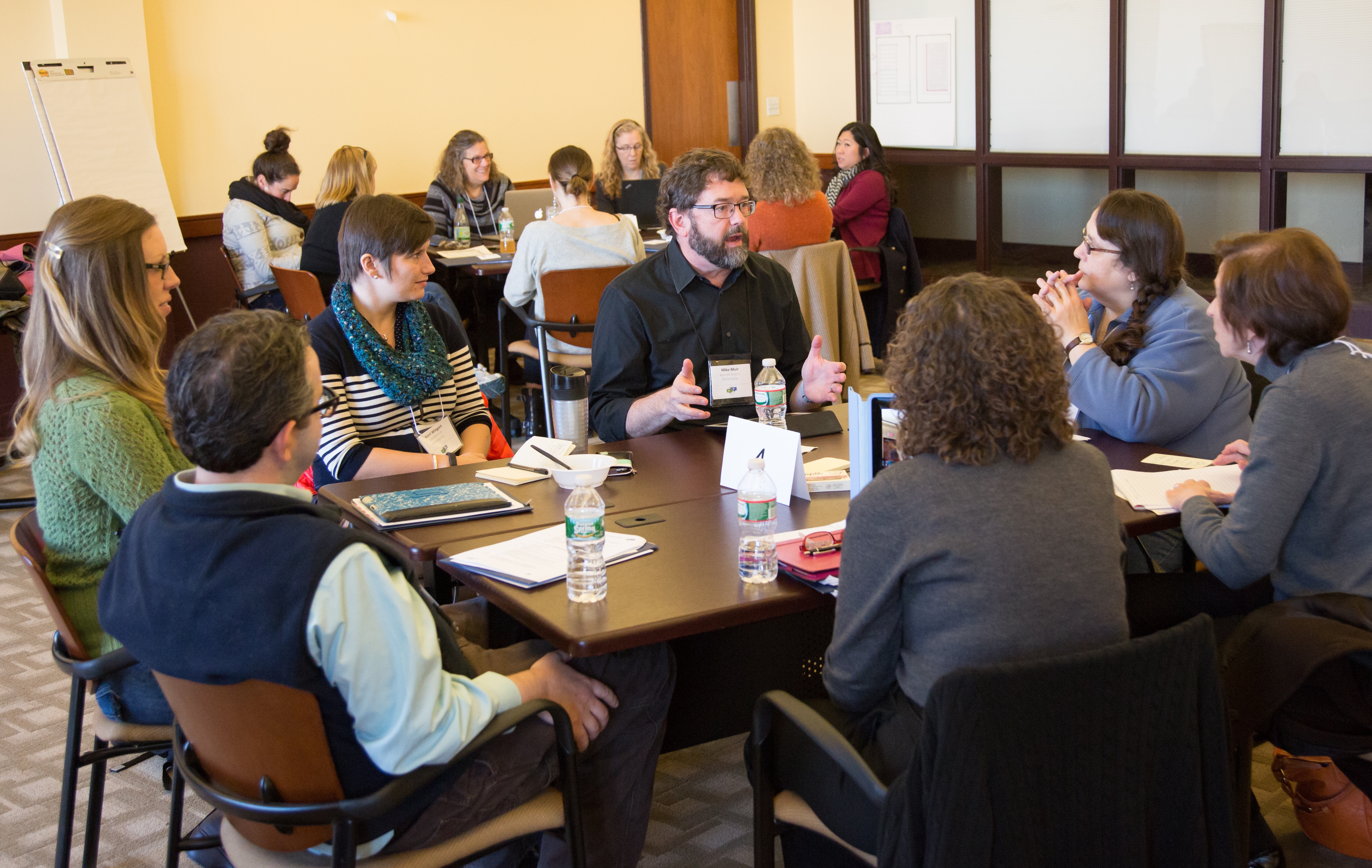Computer Science For All…Teachers
Contributed by June Mark, EDC
“If we want all students to have high-quality computer science (CS) learning experiences, we need to make sure that all educators charged with teaching CS receive the support and resources they need to succeed.”
On October 28 and 29, the Research + Practice (R+P) Collaboratory is contributing to an R+P session during the Expanding Computing Education Pathways (ECEP) Summit, “Computer Science (CS) For All: State-Level Research and Action.” R+P leaders Bronwyn Bevan (University of Washington), Pam Buffington (EDC), Bill Penuel (University of Colorado-Boulder), and Phillip Bell (University of Washington), along with other CS thought leaders and researchers, will engage state teams that are advancing CS For All initiatives in exploring knowledge, trends, and activities in the learning sciences and implementation research that can inform their efforts. Another important focus of the Summit will be to engage participants in identifying strategies to make CS change “deep, systemic, and sustainable.”
Nationwide, CS For All initiatives are working to reshape the landscape of CS education to ensure all students can access meaningful CS learning. As initiatives launch and push to scale, the demand for CS educators is exceeding the supply. Districts are asking social studies, art, English language arts, mathematics, and science teachers to dive into teaching CS. Even for some mathematics and science teachers it can be quite a stretch, and this presents an inescapable truth: If we want all students to have high-quality CS learning experiences, we need to make sure that all educators charged with teaching CS receive the support and resources they need to succeed.
EDC’s work is bringing the needs of CS educators sharply into focus and giving us new insights into how to meet those needs. Our R+P Collaboratory team’s work with educators in Maine on interactive technology and mathematics is close kin to the work of 23 EDC teams that are partnering with a wide range of stakeholders as we carry out research and evaluation, capacity building, and instructional design initiatives to expand and enhance CS education.
In these initiatives, we are encountering large numbers of teachers who do not have prior experience teaching CS and are grappling to master new skills and knowledge. This has been particularly clear in one of our initiatives, Beauty and Joy of Computing in New York City, which focuses on engaging highly diverse populations of students in 100 New York City schools in an Advanced Placement Computer Science Principles course. Although we’re scaling the course in NYC, what we’re learning is directly applicable to CS For All Initiatives nationwide.
Gleaned from Beauty and Joy of Computing in New York City and our other initiatives, here are a few “must use” strategies to support the success of the educators who are playing pivotal roles in CS For All initiatives.
- Give all CS teachers opportunities to be CS learners first. Teachers need to experience the same CS explorations, projects, and coding they will engage students in. In the words of a teacher who participated in our professional development: “I appreciate the ‘struggle’ we had to go through figuring out how to code correctly as it showed us what we might expect with our students. Sometimes, understanding the goal and what I ‘want’ my code to do is easy, but actually converting my thought process to the logical increments in computer programming was a skill that can only be improved through practice.” In addition to giving teachers important information about the challenges students may face and increasing their comfort teaching CS, “learning by doing” helps teachers appreciate how powerful and empowering coding can be for students—building their problem-solving skills, inspiring them, sparking their creativity, and helping them control computers to do and make what they want.
- Give all CS teachers ongoing opportunities to collaborate with their colleagues. To engage and inspire diverse populations of learners, CS teachers need time to reflect, plan, problem-solve, and share successful approaches and challenges with each other. They need this time not just at the launch of new initiatives, but throughout initiatives. With such a large number of educators teaching CS, offering short-term professional development to one teacher at a time will not come close to making CS change “deep, systemic, and sustainable.” Instead, to support and sustain CS For All initiatives, it’s key to provide ongoing, onsite support and resources to help new practices and strategies take root. Fostering teacher leadership and establishing school and district CS professional learning communities that encourage teachers to turn to each other for support are both promising approaches.
- Give all CS teachers institutional support and a solid technological infrastructure. Even a perfectly prepared and supported CS teacher cannot succeed without support from school and district leaders. Buy-in and commitment from school and district leaders is essential. Without leaders’ agreement that CS For All is important, is a priority, and will be invested in, CS teachers face insurmountable challenges. Similarly, no matter how much teachers learn, how much support they have from their colleagues, and how much support they have from school and district leaders, teachers cannot advance CS For All in a school that has inadequate technology. To achieve CS For All, all teachers must have a sufficient supply of well-maintained computers, technical support, reliable Internet connections, and software. This is a key equity and access issue that remains unresolved for low-income communities in both rural and urban settings. “CS For Some” is not good enough.
Together, these strategies can help make CS change “deep, systemic, and sustainable”—and move CS For All from a really great slogan to a reality.
Tag(s): Computer science







